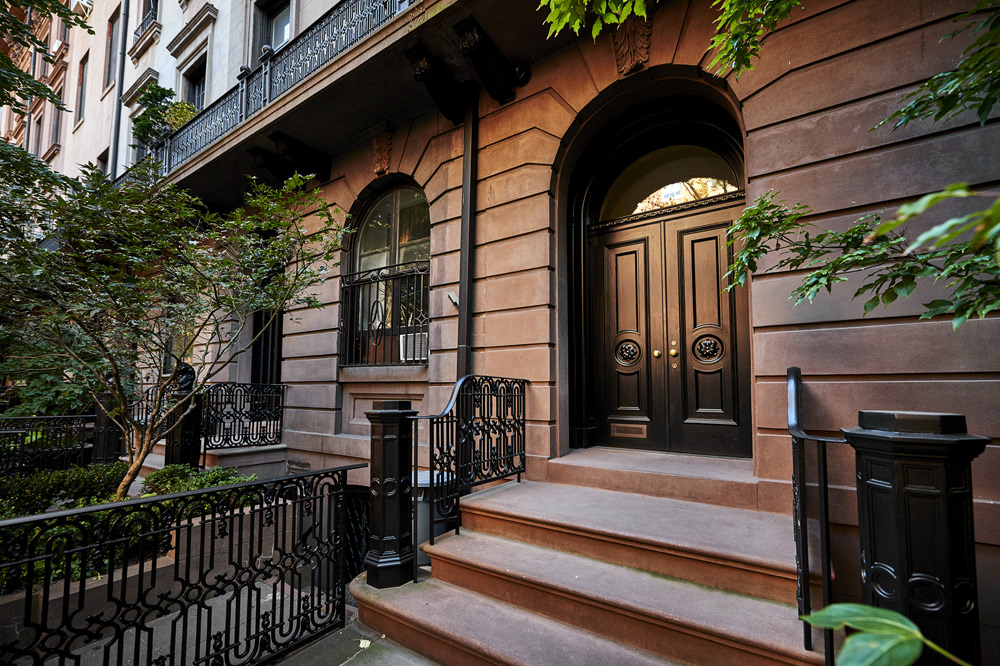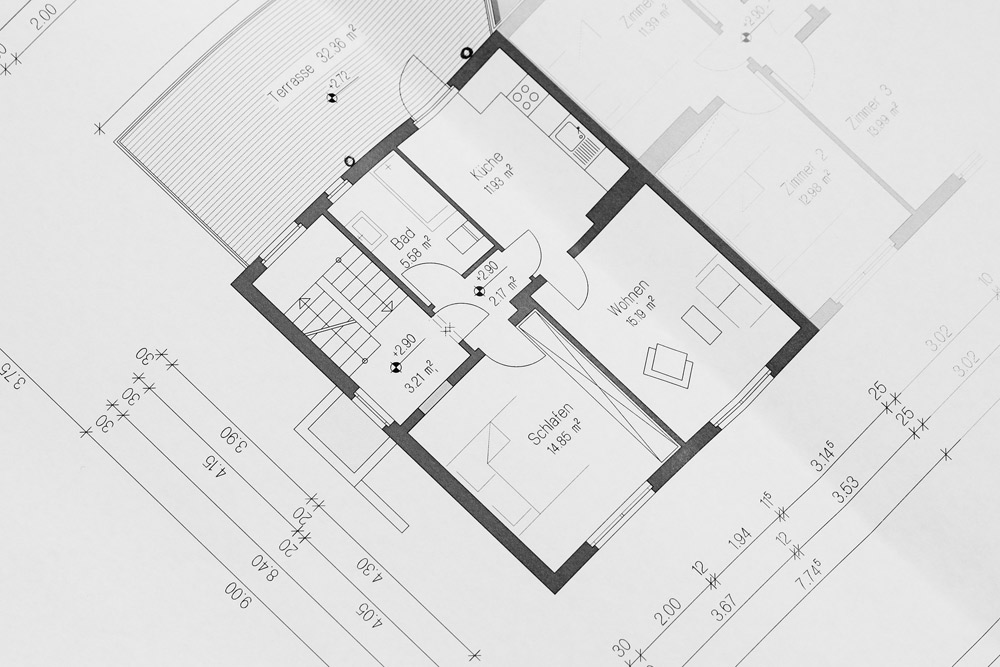If you are in the process of buying or moving into a condominium, it’s helpful to do some reading up on homeowners associations (HOAs) beforehand. HOAs play a critical role in managing and maintaining condo communities.
Here is some insight into the important workings of homeowners associations.
What is a Condo HOA?
By definition, a homeowners association is a legal entity that governs a community of homes, including subdivisions, condominiums, townhomes, or planned community. HOAs operate within state statutes to enforce regulations and collect assessments from homeowners, while also taking care of maintenance repairs of common areas.
Homeowners Associations have been around since the mid-nineteenth century. 1844 marks the year that the first HOA was founded in Boston, Massachusetts. However, HOAs did not pick up much traction until the 1960s. This was a period of rapid national growth for the United States, and suburban development specifically was booming.
Since this time of growth, HOAs have been on a constant rise in America.
When new communities are developed, new HOAs also come into creation. Local laws and ordinances govern the formation of homeowner associations.
While the process for establishing an HOA may look different depending on the location, there are standard procedureswhich generally require the following:
- Establishing a business structure by forming an LLC or nonprofit corporation
- Creating covenants, conditions, and restrictions (CC&Rs) that describe how the HOA will operate and what rules homeowners must abide by
- Establishing a procedure for future modification of the CC&Rs
- Writing rules and regulations that put the CC&Rs into easy-to-understand language for community residents
- Drawing up governing documents, such as articles of incorporation and bylaws (which outline meeting frequency, voting guidelines, the election of HOA leaders, and other operating procedures)
- Electing qualified officers/board members
Upon establishment, the HOAs main mission is to manage issues that affect the entire community, such as safety and security or property maintenance.
Condo HOA Fees
To effectively operate, homeowners associations need funding. Where exactly does this funding come from? The answer is from the condo owners.
When someone buys a condominium, they become an automatic member of that community’s HOA; and with this membership comes unavoidable monthly or annual dues. These fees are in required to help fund community amenities, such as a pool and gym, and provide services including garbage removal and building maintenance.
A smaller portion of these funds goes towards the HOA’s administration, including legal, accounting, and management services.
It’s important to know that different HOAs have different policies regarding what services they will provide for the condo community. That is why before purchasing a condo, investigate what exactly the HOA offers residents.
So what happens if you do not pay those HOA fees? While the repercussions may vary depending on what state you are in, there are basic penalties that are likely to be put into action.
First, be prepared to receive a letter reminding you of your outstanding debt immediately. The HOA may also add on a fine and/or interest on that missed payment.
Often, the HOA may also revoke homeowner rights. This may include taking away your privileges to vote on HOA matters or utilize common areas, such as a gym or pool.
To avoid these consequences, it is critical to keep up with HOA fees; and if you do happen to miss a payment, make sure to keep open communication with your HOA board to resolve the issue and minimize penalties.
Do Condo HOAs Have Insurance?
While condo owners are responsible for insuring the inside of their units, HOAs are also required to obtain their own insurance policies to keep the organization protected.
Homeowners associations must have hazard and liability insurance for specific areas of the condominium development, often including common areas, like stairwells and pools, and some exterior elements such as the condo’s roof.
While this insurance takes some of the financial and liability burdens off unit owners, a portion of owner’s condo fees helps to pay for the policy.
Frequently, HOAs will also have what is called a “master policy”. This type of policy generally covers damages and personal injury. The damages covered by a master policy involve damages to the shared property, which may be a result of storms, fires, criminals, etc. General liability insurance covers costs of any lawsuits for medical expenses filed by people injured in the common areas of the property.
It is also important for HOAs to have directors and officers insurance to ensure financial protection to the people running the HOA. This specific type of insurance covers both legal defense costs and damages if a homeowner decides to sue its HOA. This policy does not cover intentional misconduct. Employee theft insurance can protect the association if a director, officer or property manager embezzles HOA funds.
Condo HOA Rules
Upon establishment, every homeowners’ association creates rules and regulations for condo owners to follow, but the formal organization is also expected to follow certain guidelines.
While some local laws and ordinances dictate how condo HOAs need to be formed and operated, generally HOAs have a large amount of freedom.
Each HOA can create their own covenants, conditions, and restrictions (CC&Rs) that condo owners are expected to follow. These CC&Rs cover expectations regarding resident behavior, architecture, and common responsibilities.
Many common condo rules and regulations revolve around financial responsibilities, pet regulations, rental guidelines, and maintenance standards.
Whatever the CC&Rs may be, they are not voluntary. Residents have a legal obligation to follow these condo HOA rules or they may face fines and/or legal action.
What Can a Homeowners Association Do?
Ultimately, homeowner associations are in place to help maintain the quality of life for community residents and protect their property value.
Even if residents find themselves complaining about all of the mandatory rules HOAs have in place, many are quick to admit that these regulations truly do help hold community members accountable to help preserve the neighborhood and even increase the property value for each condo.
How exactly can HOA have a positive impact on the value of homes? Well, primarily through maintaining curb appeal. The HOA rules and regulations ensure that the neighborhood stays in tip-top shape to keep the neighborhood desirable for potential buyers. Keeping the community in pristine condition also enhances the environment for current residents.
To make sure that community members help achieve this goal, the HOA holds owners accountable through rules and fees. The rules restrict residents from trashing the outside of their units, and the fees provide funding for external maintenance.
How Do Townhome Associations Work?
The major difference between townhomes and condos comes down to ownership. Condo owners have title to everything within the unit, while townhome owners have the right to the inside of the unit as well as the land that the unit sits on.
Despite this difference, townhome associations operate very similarly to condo HOAs. Both are responsible for maintaining the common grounds, structures and systems in the community and both rely on funding from unit owners.
Often, townhome owners are responsible for more upkeep than condo owners, which means HOA is less involved. This lower involvement by HOA frequently results in lower monthly dues for townhome owners.
Since townhome owners own that land that their property sits on, they may be responsible for maintaining the outside. However, frequently HOA will still take care of this area through monthly fees.
By answering the question “what is an HOA?” and providing a better understanding of this operation, we hope you feel more confident to take the next step in purchasing your dream home!










